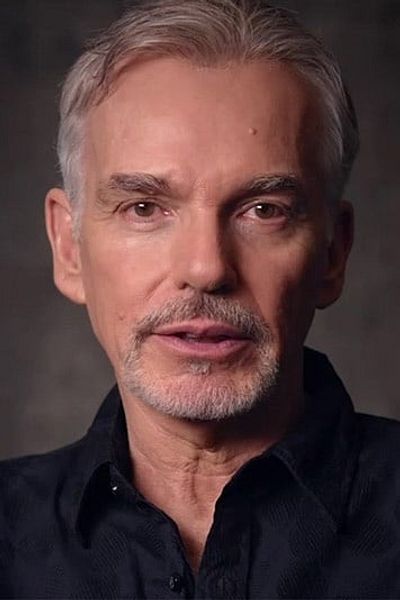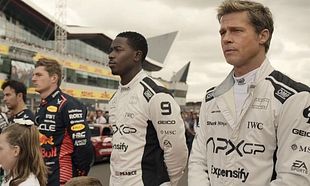One thing you can say about a David Gordon Green film is that you can never be sure what to expect. It could be a stoner action comedy (Pineapple Express), a low-key comedy-drama (Prince Avalanche), a downbeat drama (Manglehorn), or a gritty character-driven thriller that actually gets a great performance from Nicolas Cage for once (Joe). Our Brand Is Crisis is another duck and swerve – a political black comedy.
Inspired by the 2005 documentary of the same name, Sandra Bullock plays a much sought after campaign strategist now retired, beaten down by the cynicism of her job. She’s coaxed in from the cold when former colleagues Anthony Mackie and Ann Dowd ask for help in getting a former Bolivian president’s, the unpopular Joaquim de Almeida, campaign back on track. She’s not into it, struggling with altitude sickness in La Paz and thinks the stern and arrogant de Almeida has no chance of winning. However, goaded by her opposite number – Thornton’s smug campaign manager is hired by a rival – the campaign turns personal and she throws herself into the mix with gusto…
"The truth is what I tell the electorate the truth is," Bullock says at one point. Politics – even when it’s honest it’s lying and Our Brand Is Crisis has nothing good to say about the corrupt mess. It makes no bones about a campaign being nothing more than advertising: the candidate as product and the message as brand. When an interviewer presses the genuinely upset de Almeida on his estranged son’s struggle with drug addiction, Bullock encourages him to turn to the camera so the viewers can see the tears. The dialogue is sharp, the pace is zippy, the performances fun and everything seems to be hurtling towards making a point.
But then it all falls apart at the midpoint when a drunken sequence involving Bullock on the tear with some indigenous teens who will by and large suffer from de Almeida’s proposal to introduce the IMF to prop up the failing country. It’s a sequence that feels out of whack with what has gone before and it infects the rest of the film, turning what was a cynical political drama into a game of one-upmanship and frat boy antics; at one point Bullock encourages the driver of her campaign bus to overtake Thornton’s on a rocky cliff side so she can moon Thornton as they pass. Green seems to have forgotten why he’s here.
And there’s no one to root for, which is fine if Green wasn’t asking the audience to hope that Bullock’s guy wins. But de Almeida is a despicable man and Bullock is tainted by her association with him, no matter how much she finds him and the whole process repugnant. The ending is as naff as it is unbelievable too.




















































































